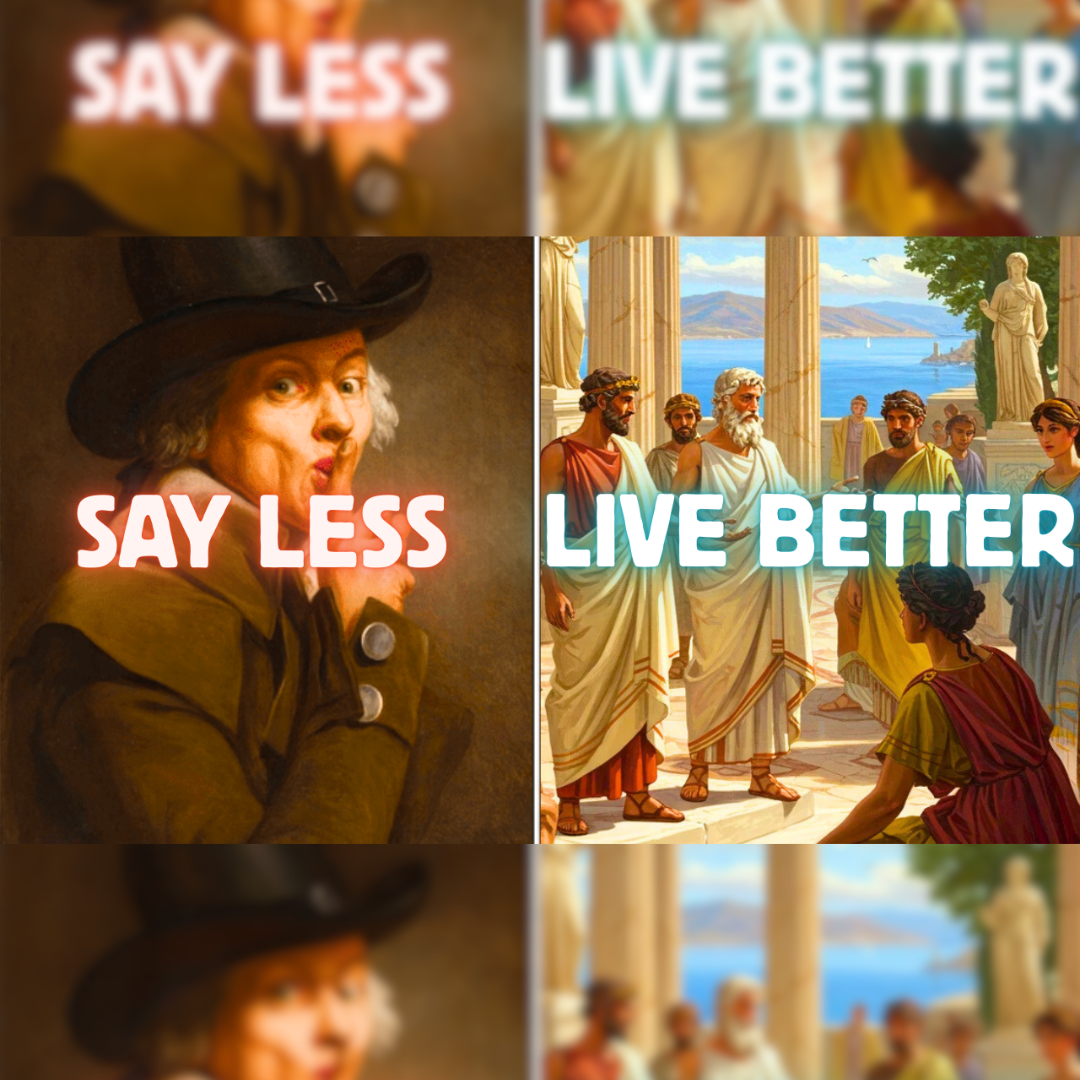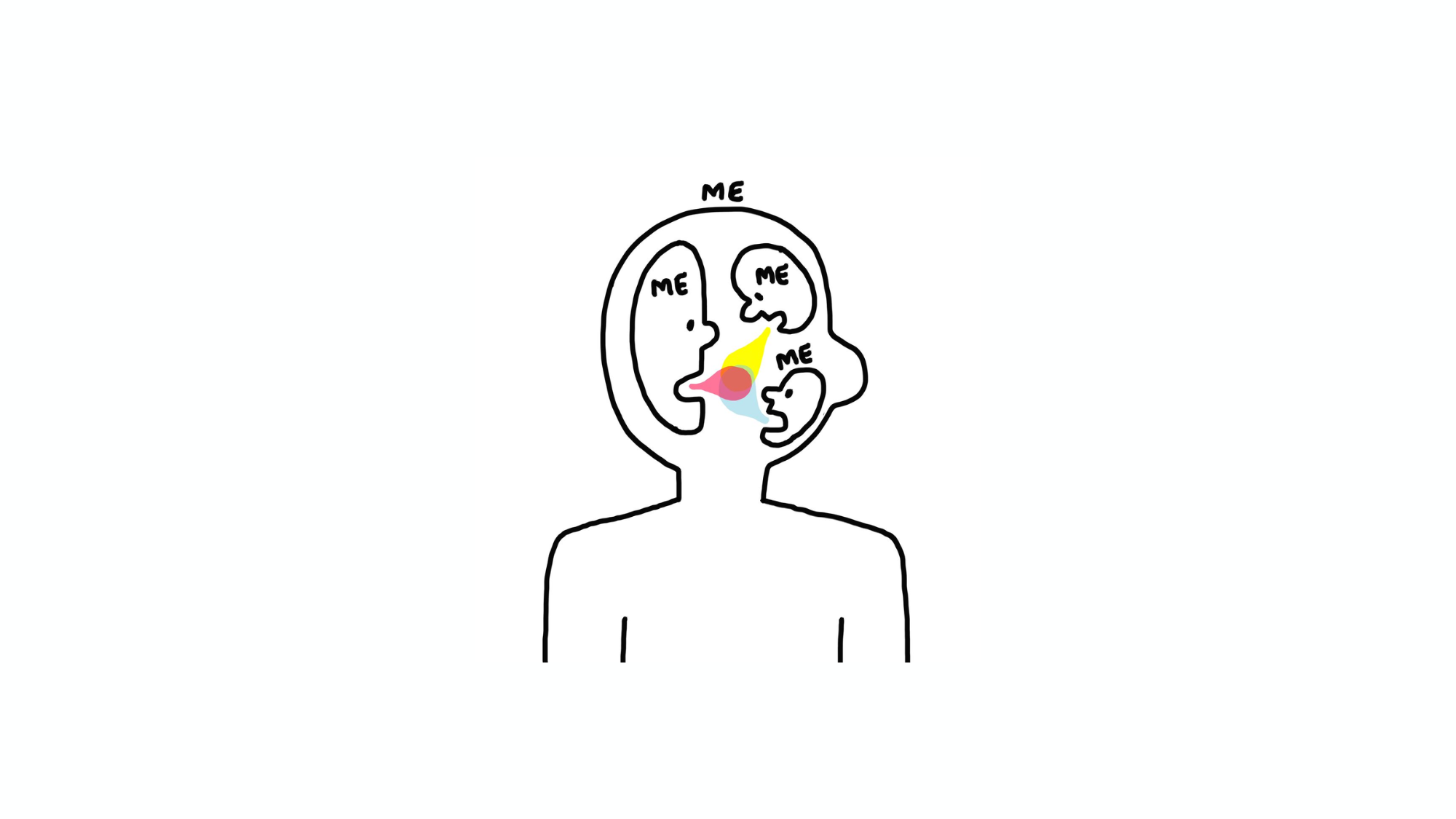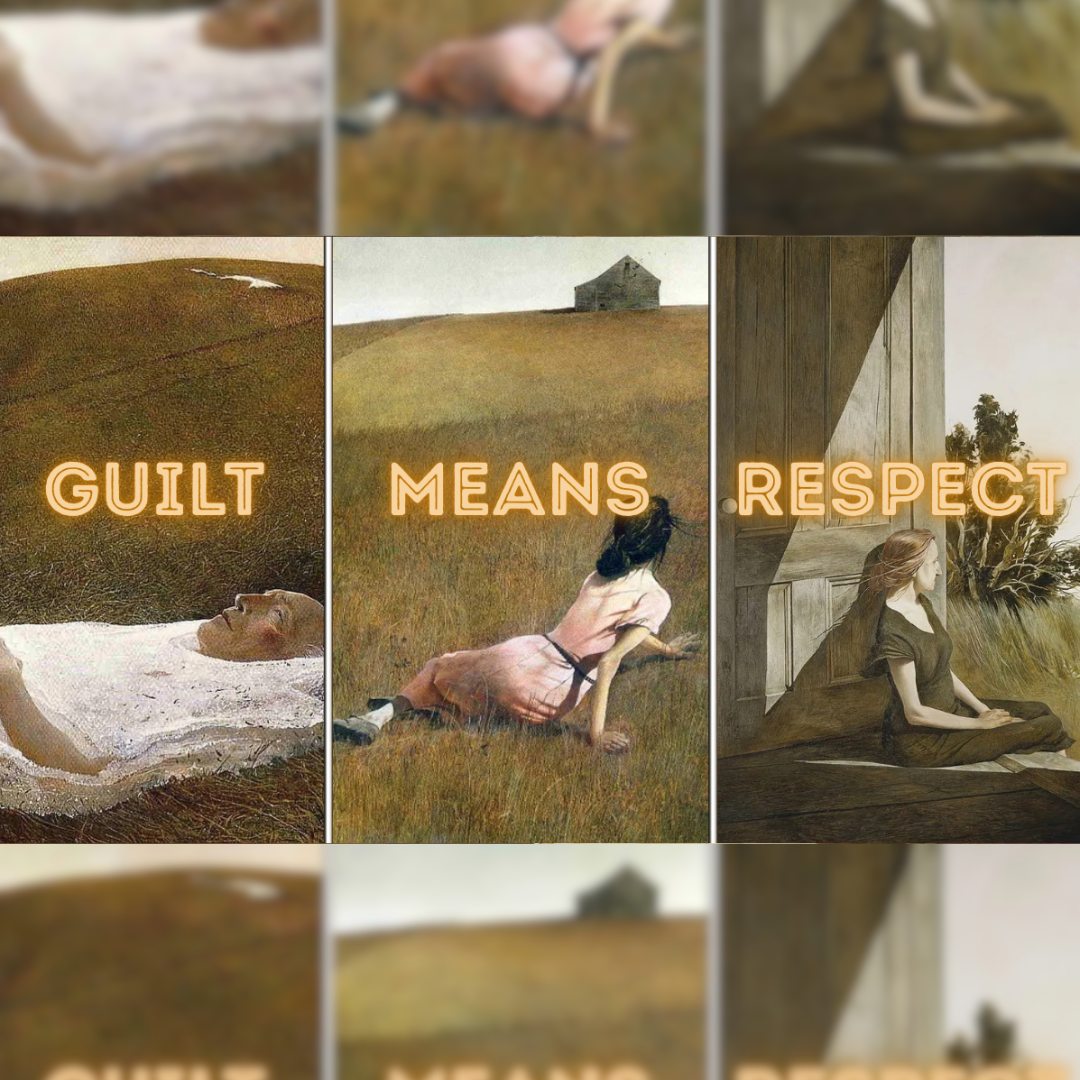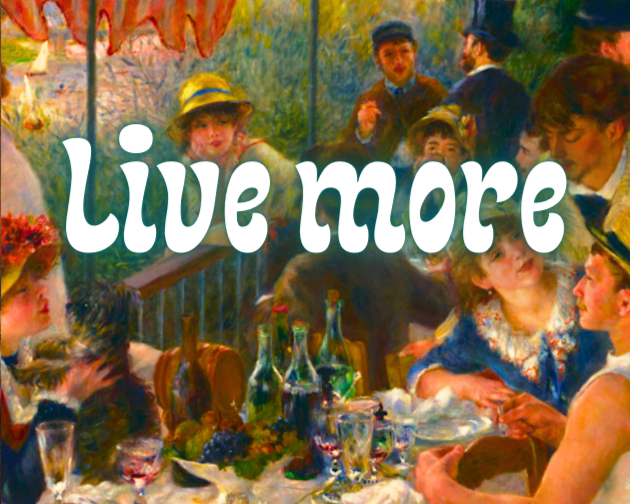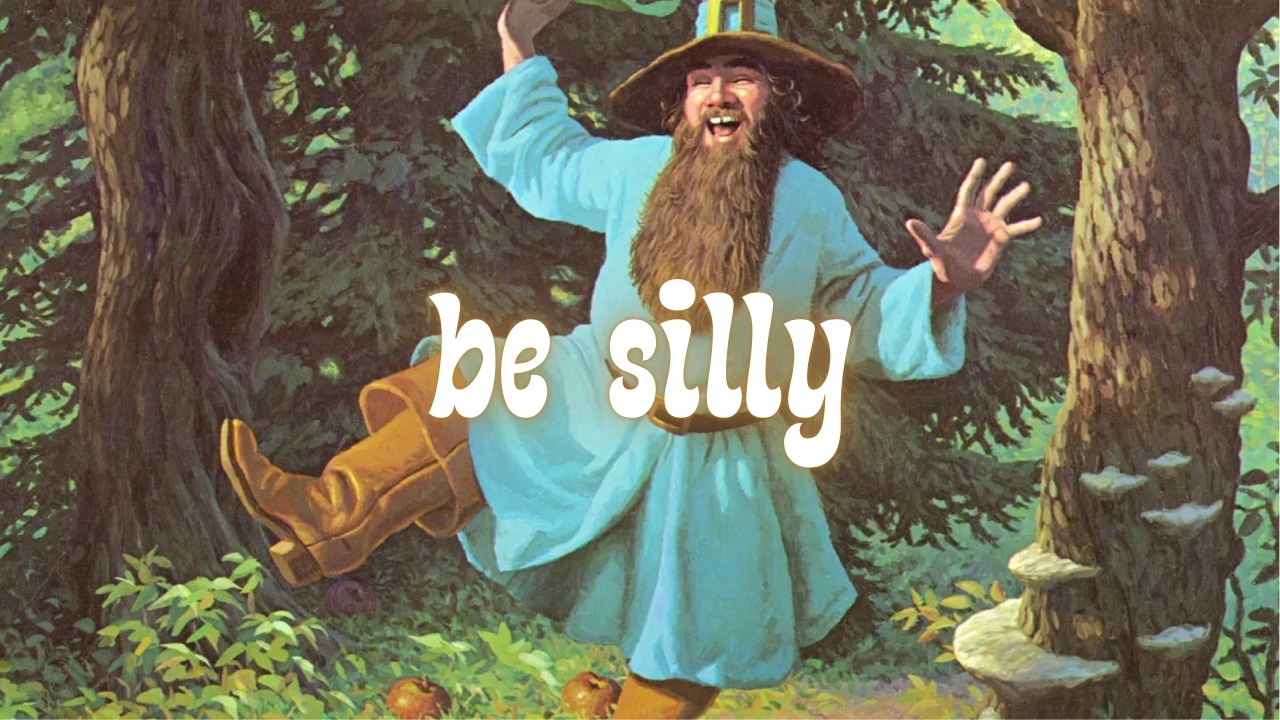

How to make doing hard things easier than picking your nose (9 mins read)
Whether it's deep work, resisting a bad habit, working out or doing anything else you consider "hard", here are some time-tested principles to make doing it easier than picking your nose.
With the first one explaining why you're currently struggling to do hard things in the first place...
1.) A depleted brain will always default to ease.
Dopamine is a molecule your brain produces that's responsible for craving, motivation and reward.
Basically its what motivates you to do hard things and find them rewarding.
But your brain only has a certain amount of dopamine it can produce throughout the day. So to protect its levels, your brain is always trying to maintain a homeostatic balance of your dopamine levels.
You can imagine your dopamine levels existing like a scale...
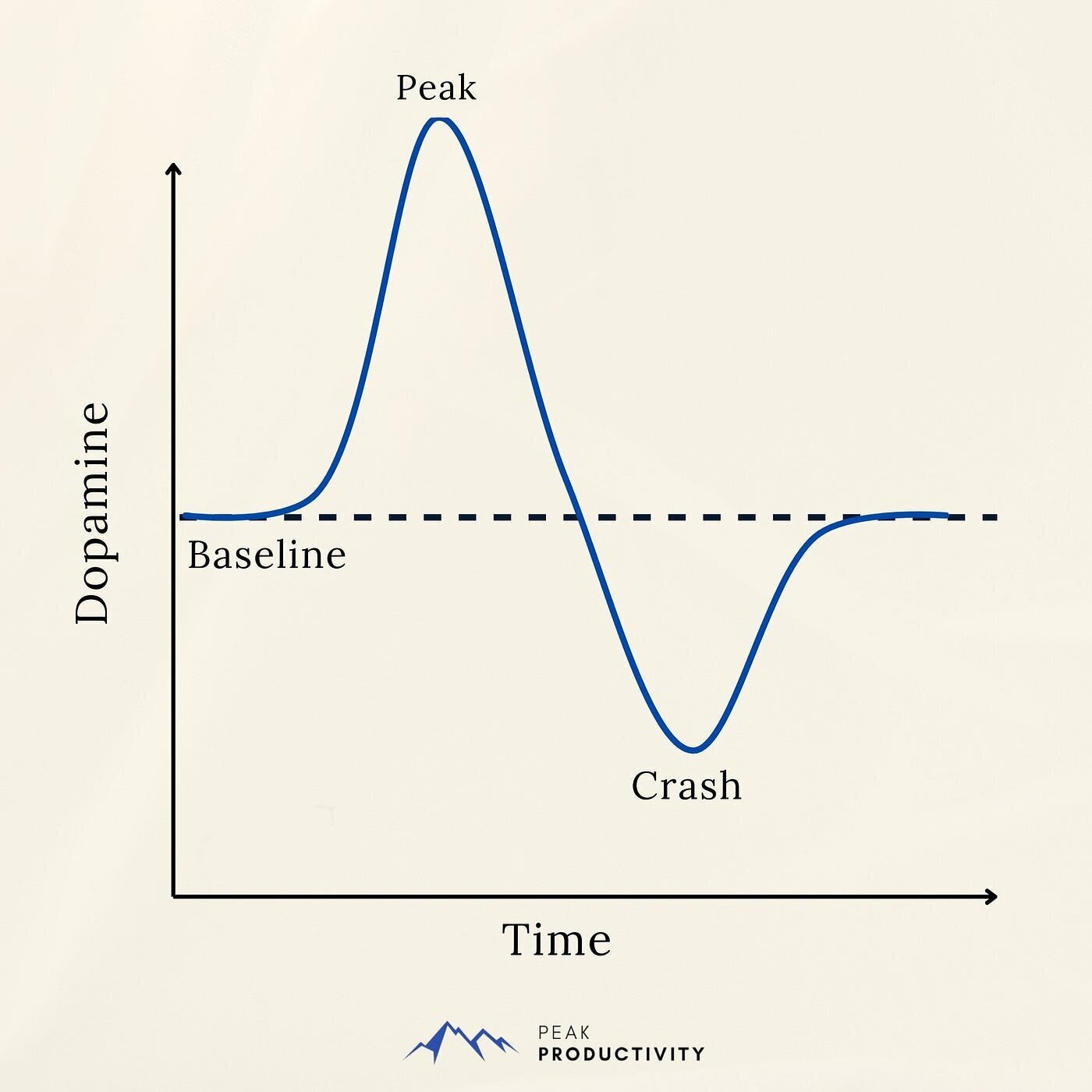
And each activity has its dopamine cost.
Meaning; if you engage in an activity that shoots you above baseline because its very dopaminergically rewarding (think; drugs, junk food, scrolling), as soon as you stop that behaviour your brain will have to shoot down below baseline (otherwise known as being in a 'dopamine deficit state') in order to restore its dopamine levels to a stable balance.
In her book dopamine nation, Dr. Anna Lembke calls this the pleasure pain balance.
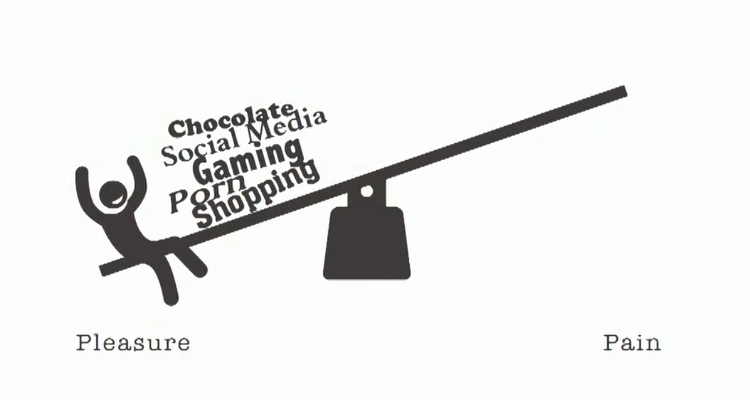
As soon as you stop doing something that first gives you instant pleasure, the dopamine gremlins jump back on the other side of the balance and make you feel the opposite of everything you felt during that activity.
For example; when you mindlessly scroll youtube you feel connected, entertained and engaged. But when you stop you feel groggy, lonely and bored.
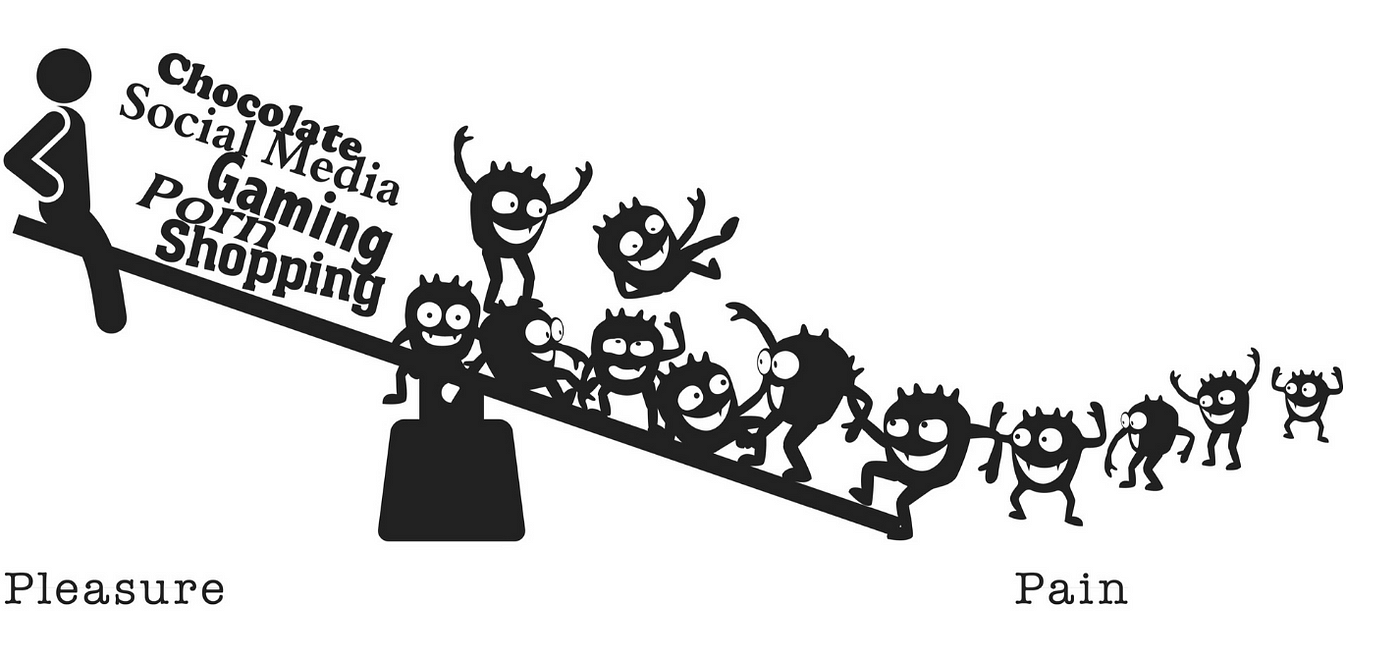
So how does this relate to making doing hard things easier?
You need dopamine to feel motivated to do something. But if you're frequently in a dopamine deficit state, engaging in things that provide you with instant pleasure and later result in pain, you're robbing your brain of the resource it needs to face hard things and find them pleasurable.
So no matter how hard you try to enjoy or motivate yourself to do something, if your brain's dopamine stores are depleted, you're not going to enjoy it.
In fact, see if the cycle below sounds familiar to you...
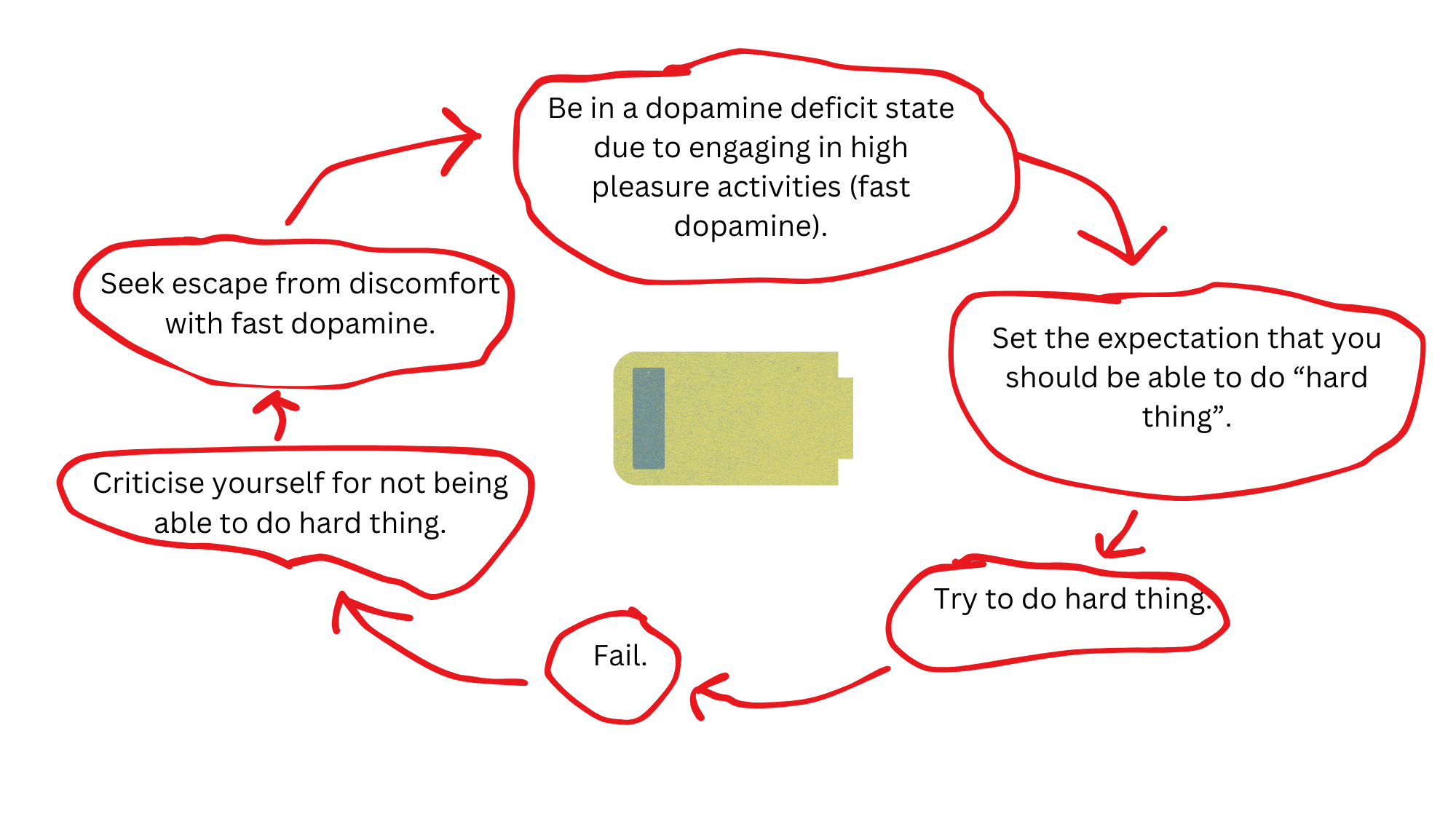
So if you genuinely want to make doing hard things easier, there's 2 things you need to do...
1.) Unplug from 90% of the cheap/fast dopamine sources in your life.
Purge your life of all the things you know are causing you to jump on the pleasure side of the balance but then cause you pain as soon as you stop.
To find these activities ask yourself:
- What makes me feel good immediately but leaves me feeling drained after?
Note: there's no need to throw judgement onto yourself here. If you've been scrolling too much recently and you feel like a useless sack of potatoes, understand that your brain isn't designed to cope with modern technology. Technology to your brain is like a caveman finding 3 KFC bargain buckets and 10 ripe mates. It's a brain hijack. You're gonna want to scroll. So give yourself some slack for those moments when you get sucked into it.
Also, if you're currently in a dopamine deficit state, understand that when you unplug from cheap dopamine your brain will need around 1-3 days in order to get your dopamine levels back up to baseline. But don't worry, your brain knows what to do, just give it space.
Also x2: remember that after a high you'll have to go below baseline before you can come back up. So when you unplug from the cheap dopamine sources you won't feel great straight away. You'll likely feel worse. But keep the reward in mind: steadier dopamine levels = you'll be happier and more motivated to engage in slow dopamine.
Finally, the best way I've found to cut back on fast dopamine use is to schedule it. For example:
I'm only allowed to scroll between the hours of 6pm-7pm.
2.) When you feel your dopamine levels return to normal, now tap on the pain side of the balance first.
The cool thing about the pleasure pain balance is it also works in reverse.
By engaging in something that results in initial pain instead of immediate pleasure (slow dopamine), your dopamine levels will shoot above baseline when you stop.
In other words; the rewards for doing hard things are much more fruitful and longer lasting.
For example:
- Doing a workout is hard, but after you feel amazing.
- Focusing on doing deep work sucks at the beginning, but when you hit a flow state you feel dialled in and when you stop you feel accomplished.
Not to mention doing these hard things are a net positive to your life.
The below image summarises this all perfectly.
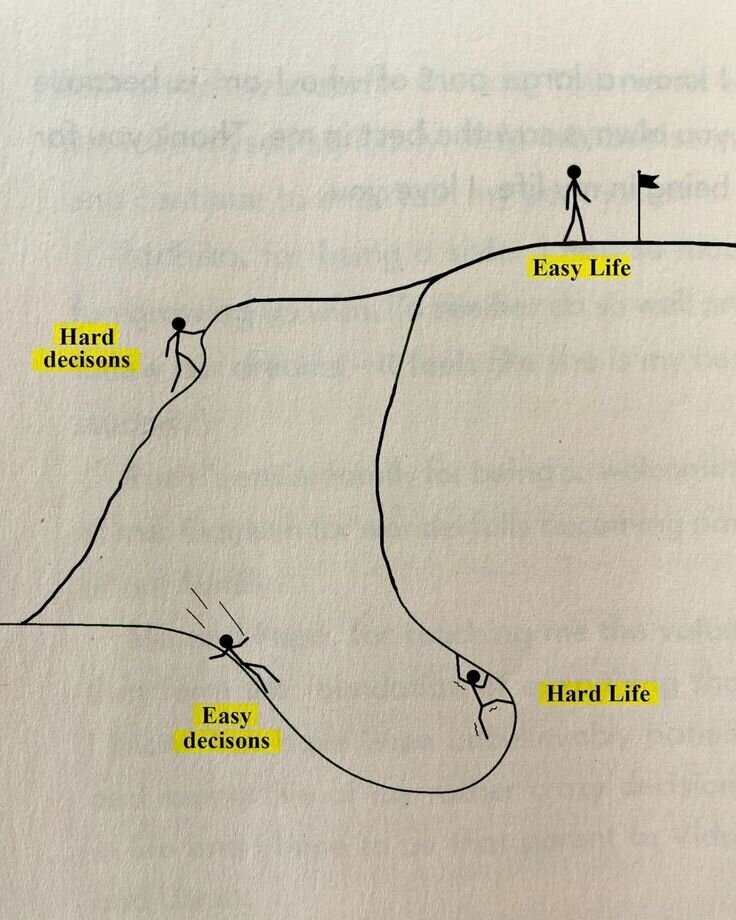
But how can you motivate yourself to persist in the face of discomfort?
2.) Reappraise the discomfort.
One of the biggest barriers to doing something hard is the discomfort that arises while doing it.
For example:
- The discomfort of focusing on reading.
- The pain of lactic acid in your muscles when you're squeezing those last few reps.
- The mental fatigue of thinking through a concept instead of scrolling twitter.
But here's a thought...
It's completely up to you how you interpret your urges and experiences.
Meaning, you can interpret them to be something bad or something beneficial.
Especially with your understanding of how the pleasure-pain balance works, you can now reinterpret any discomfort you feel while doing something hard as the necessary pain you need to experience in order to feel a long-lasting reward later on.
Here are three mantras to keep close at hand for these moments, write them out and stick them on your wall so you can see them everyday:
- "This is hard and challenging, but that's just what I need to find it rewarding."
- "This is what hard feels like, and this is where most people quit."
- "The faster I do the hard things I avoid the faster I get the good things I want."
Here's a clip from Chris Williamson explaining the second mantra (the original quote is Alex Hormozi).
3.) Win the evening.
The order you give to your evenings is the strength you feel in the mornings.
So forget about a morning routine and start instilling an evening routine so you can wake up into tomorrow with a clear mind.
Why is this important?
Because to do hard things you need all the dopamine stores you can get. So if you've spent the evening before scrolling and chasing cheap dopamine, you'll have to spend the following morning recovering.
Here's what an ideal evening routine looks like for me (feel free to make your own version of this):
- All technology off by 9pm (no screens).
- No decisions after 9pm.
- Turn a red light on in my room.
- Go for a walk in nature and talk to myself out loud (20-30 mins).
- Come back and write down anything I realised on the walk in the form of a letter to myself.
- Lay in bed and read until I fall asleep.
4.) Structure your day right.
Speaking of the next day, make sure you're working with your brain by scheduling your day right.
Neurochemically you are not the same person across the different hours of the day. So schedule the hard tasks at the right time of day.
There are 3 phases of your day.
Phase 1 = the first part of your day (~0-8 hours after waking up)
During this phase, the chemicals norepinephrine, cortisol, and dopamine are elevated in your brain and body. Alertness can be further heightened by sunlight viewing, caffeine and fasting. Phase 1 is ideal for analytic “hard” thinking and any work that you find particularly challenging.
As the neuroscientist Andrew Huberman says "it isn’t just about getting the most important stuff out of the way; it is about leveraging your natural biology toward the best type of work for the biological state you are in."
Phase 2 = is ~9-16 hours after waking.
At this time, serotonin levels are relatively elevated, which lends itself to a somewhat more relaxed state of being—optimal for brainstorming and creative work.
Phase 3 = ~17-24 hours after waking up is when you should be asleep or try to sleep. During this phase, do no hard thinking or work unless, of course, you must (cramming for an exam or deadline comes to mind), keep your environment dark or very dim and the room temperature low (your body needs to drop in temperature to fall asleep and stay asleep).
Now let's finalise this letter with some final quick tips that'll get you even further...
5.) Identity without evidence is fragile consistency.
Before doing any of this you likely won't have the identity of "I am the type of person who can do hard things."
So in order to change that identity you'll need a few days of stacking wins to cast the votes in favour of this identity.
Why is this important?
Your behaviour is identity based. By changing your identity you change your behaviour.
So the bottom line is...
Don't aim to do hard things.
Aim to become the type of person who can do hard things.
Keep doing hard things until that identity becomes true.
6.) Never miss twice.
If you'd like to incorporate something that feels hard now into a daily habit, then make sure you never miss twice.
This means; you will skip some days or need to rest. That's fine. But just make sure if you miss one day, you get straight back to it the next day.
Because its easy for one day to become two, for two to become a week and suddenly you're back to square one again with a depleted brain.
Speaking of missing a day...
7.) When something intimidates you, break it down to 5%.
If for whatever reason you fall off the wagon and lose some momentum, don't torture yourself by forcing yourself to get back to the momentum you had before straight away.
Instead, take the task you want to do at 100% then break it up to 5% by asking:
Where does my willingness to do this task begin?
For example:
- If going to the gym seems too intimidating right now (100%), can you just put your workout clothes on? (5%)
- If sitting down to do focused deep work seems too might right now (100%), can you just open your laptop and stare at your notes? (5%)
Easy slip-back-ins are the key to consistency.
8.) Mesmerise yourself into ritual.
The easiest way to gear yourself up to do something is to implement a keystone habit.
This is something you do before the task that primes your mind to know "oh, ok, we're getting ready to do X now."
For example:
- Wiping your desk before sitting down to do deep work.
- Making a cup of tea and slicing an apple before you sit down to study.
- Pour a glass of water with electrolytes before you go to the gym.
- Pair these keystone habits before the hard thing long enough and you'll find it incredibly easy to do the hard thing.
"Routine, done for long enough and done sincerely enough, becomes more than routine. It becomes ritual - it becomes sanctified and holy." - Ryan Holiday
9.) Never set a pace you can't keep.
The consistent plan you follow is better than the perfect plan you abandon.
Strive for slow burns, not heavy lifts.
It's better to do something everyday for 30 minutes and create a habit out of it than do it for 3 hours in one day then slack off.
10.) The effort is the reward (the discipline paradox).
It's easy to differentiate between the effort you put into something and the reward you get out of it.
For example:
- It's easy to discount all the effort you put into the gym when you finally achieve the physique you want.
- It's easy to forget about all those nights and mornings you spent studying when you get the results back on your test.
- It's easy to forget about all those deep work sessions when you finally release the product.
So change this. And remember that the effort you put in now IS the reward.
Without the effort, the reward cannot exist.
So they are the same thing.
Each day you show up and cast votes in favour of being the type of person who has a clear mind and does hard things, that's no different from the day you reap the rewards of all your effort.
This is the easiest way to become more disciplined.
11.) Self negotiation prevents self-termination
You're going to have moments when you're doing something hard and you want to quit.
So something additional you can do as well as reappraising the discomfort (as covered in point 3) is to negotiate with yourself out loud.
For example:
- If you're trying to knuckle down and do deep work but you feel the urge to check social media.
- 1. Label what's happening out loud
- "I want to focus but part of me also wants to scroll."
- 2. Curiously investigate why that part of you wants to scroll.
- "Well the work is hard, and I don't feel up to the challenge."
- 3. Then ask "how could I make this easier for myself?"
- Answer: perhaps you play some music or take a 10 minute break.
Here's a video which explains this concept of self-negotiation further.
That's all for this topic.
Now let's finalise with this week's personal realisations:
- Age is just a metric society uses to tell you what you “should” be doing.
- The easiest way to improve your mood is to do the very things you don't feel like doing.
- The activities that give you immediate relief are what move you further from what you need to do to get something from the world.
- "Being unhealthy is painful, being healthy is painful, having no relationships is painful, having relationships is painful, being lazy is painful, working really hard is painful. It's just different flavors of pain. So you might as well pick the flavors of pain that are gonna help you and give you a better set of life." ⁃ Mark Manson
- “Your future self is watching you through your memories, whether it’s with pride or regret depends on what you do now.” ⁃ Gwender Bogle (not sure if that's how her name is spelt)
That's all for this week :)
I'll be recording a video on today's topic within the next few days so I'll fill in any gaps I missed.
I hope you're enjoying your week, but if not, no biggie.
I've been working on the social anxiety programme which has got some killer content inside. This week I've been researching all about nervous system regulation and thought reprogramming. If you want a book recommendation on the former I'd give soothe by Nahid De Belgeonne a go (pretty sure I've recommended that already) ;). If you want one step above that I'd give how emotions are made by Lisa Feldman Barrett a swing. Excited to share what I've learned with you all. I'll keep you all posted on when it'll be ready.
Finish the week strong.
Lew
tHURSDAY'S THERAPY
Join 10,000+ improving their mental health & social skills 1 Thursday newsletter at a time
Happy to have you here!
try refreshing the page and trying again!




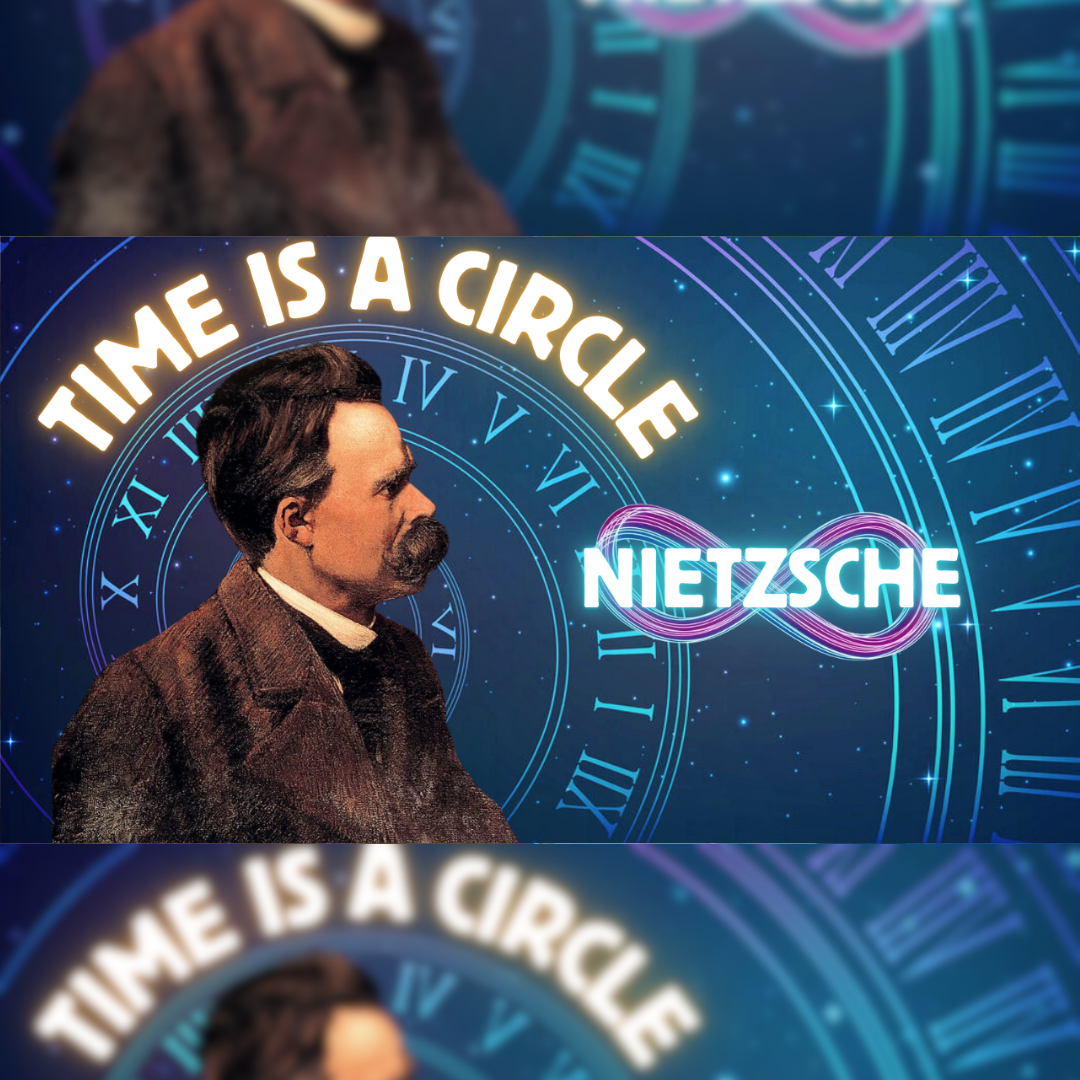
.png)
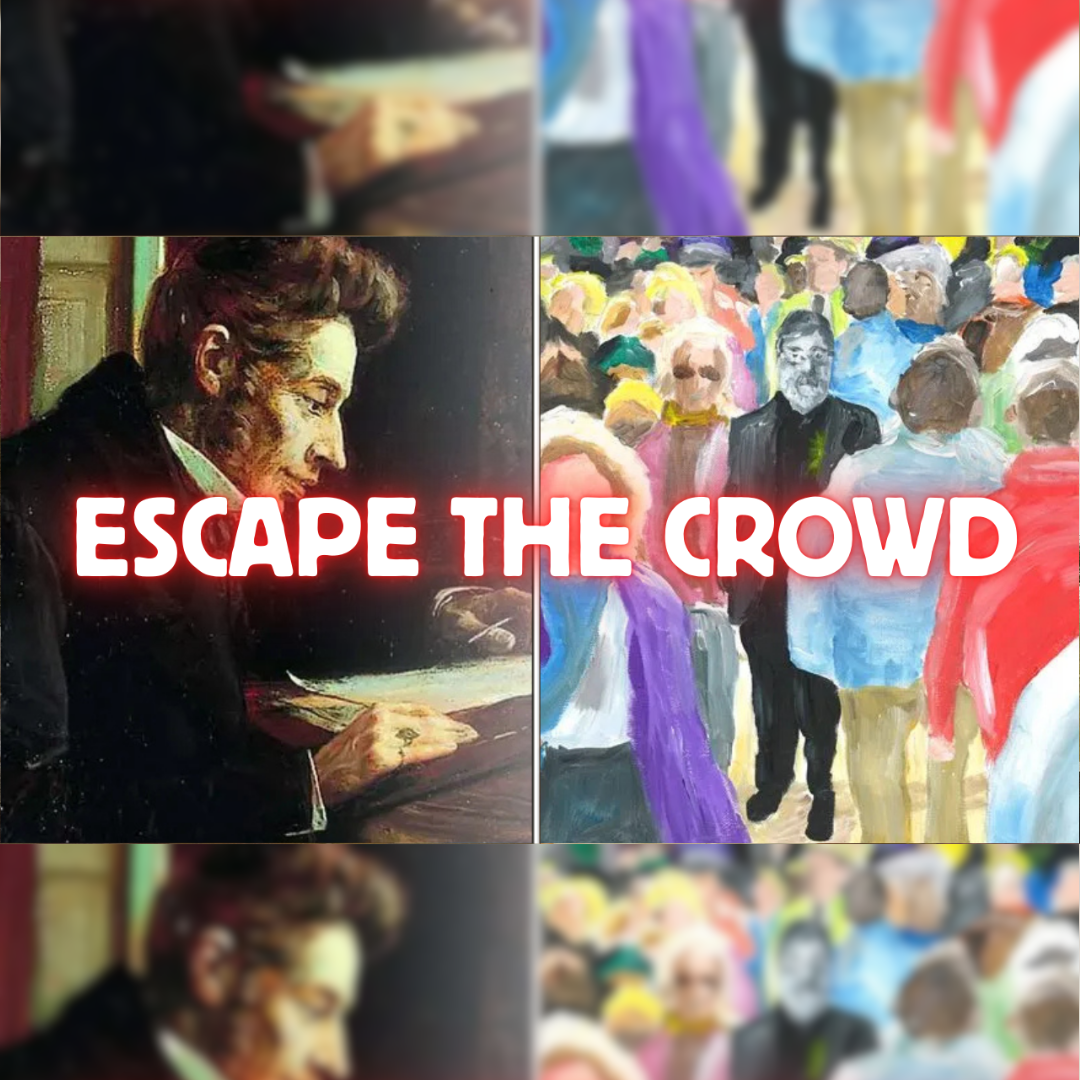
.png)
